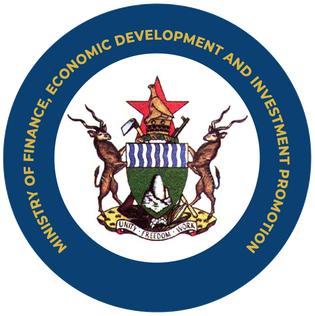
NEWSROOMS were never a place to work if you wanted to get rich. But with layoffs and closings in the wake of the COVID-19 pandemic, we are facing another story entirely.
In the United States alone, hundreds of newspapers are folding, hundreds of others are reducing their publication schedule and thousands of journalists have been laid off or furloughed since the pandemic began. Even award-winning newspapers and journalists are not immune.
The story is the same in Africa, Europe, South America, Asia and Australia — advertising-dependent businesses everywhere are feeling the heat.
Traditional news media, particularly regional and local news media, are proving once again to be indispensable in a crisis, but many of them are being crushed in the coronavirus economy. Especially those that still haven’t made the transition to a digital business model.
Some people are calling for government subsidies or rescue packages for the Press. But we can’t expect a “Marshall Plan” for the Press — not when the authorities holding the purse strings often regard news media as the opposition, prone to exposing their embarrassing behaviour, incompetence, wrongdoing or worse. Many of our leaders, as well as a good segment of our societies, do not recognise the value of independent and critical news media, or simply take news media for granted.
So, government subsidies or any investments in the companies are highly risky for the independent journalism. The future is, therefore, in the hands of news companies themselves, which means they have to accelerate their digital and mobile transformation efforts dramatically and implement new business models that are no longer tied to the past.
This means conceiving and implementing strategic plans that are audience and mobile-centric and rely largely on reader revenue and less on the vagaries of the advertising market. It needs a multi-faceted plan that certainly requires compelling content.
But it also employs clever data analysis and dynamic Web technology to obtain deeper knowledge of audiences and leverages the knowledge into practices designed to attract potential subscribers when they are likely to pay and to provide content that will keep them involved.
- Open letter to President Mnangagwa
- Feature: ‘It’s worse right now than under Mugabe’: Sikhala pays the price of opposition in solitary cell
- Masvingo turns down fire tender deal
- Human-wildlife conflict drive African wild dogs to extinction
Keep Reading
Many media houses that started the journey early enough and took the digital shift seriously now see the benefits of these efforts through rising digital subscriptions. And these subscribers are often staying even after the “corona bump.”
What is needed is a radical culture change in news organisations that have not put enough focus on it because the numbers were still okay and the pain was not bad enough. Too many still have print at the heart of their mindset and processes while readers are on digital and mobile. The internal processes are still tied to print — from the publication schedule to story deadlines to when news meetings are held during the day.
The pandemic should be a wake-up call and seen as an opportunity to change within the organisation and in people’s minds. It is still not easy. It requires a holistic approach that changes the attitude toward customers and product development, workflows, technology, personnel and training, data analytics, architecture and more.
But, if anything else was needed in addition to motivation, the coronavirus and the related business collapse is a further impetus to speed the needed changes.
Dietmar Schantin is a digital media strategist and has helped to transform the editorial and commercial operations of media brands around the world.











